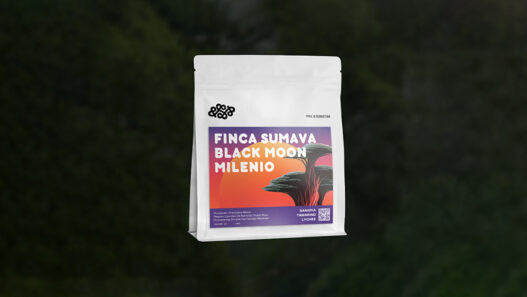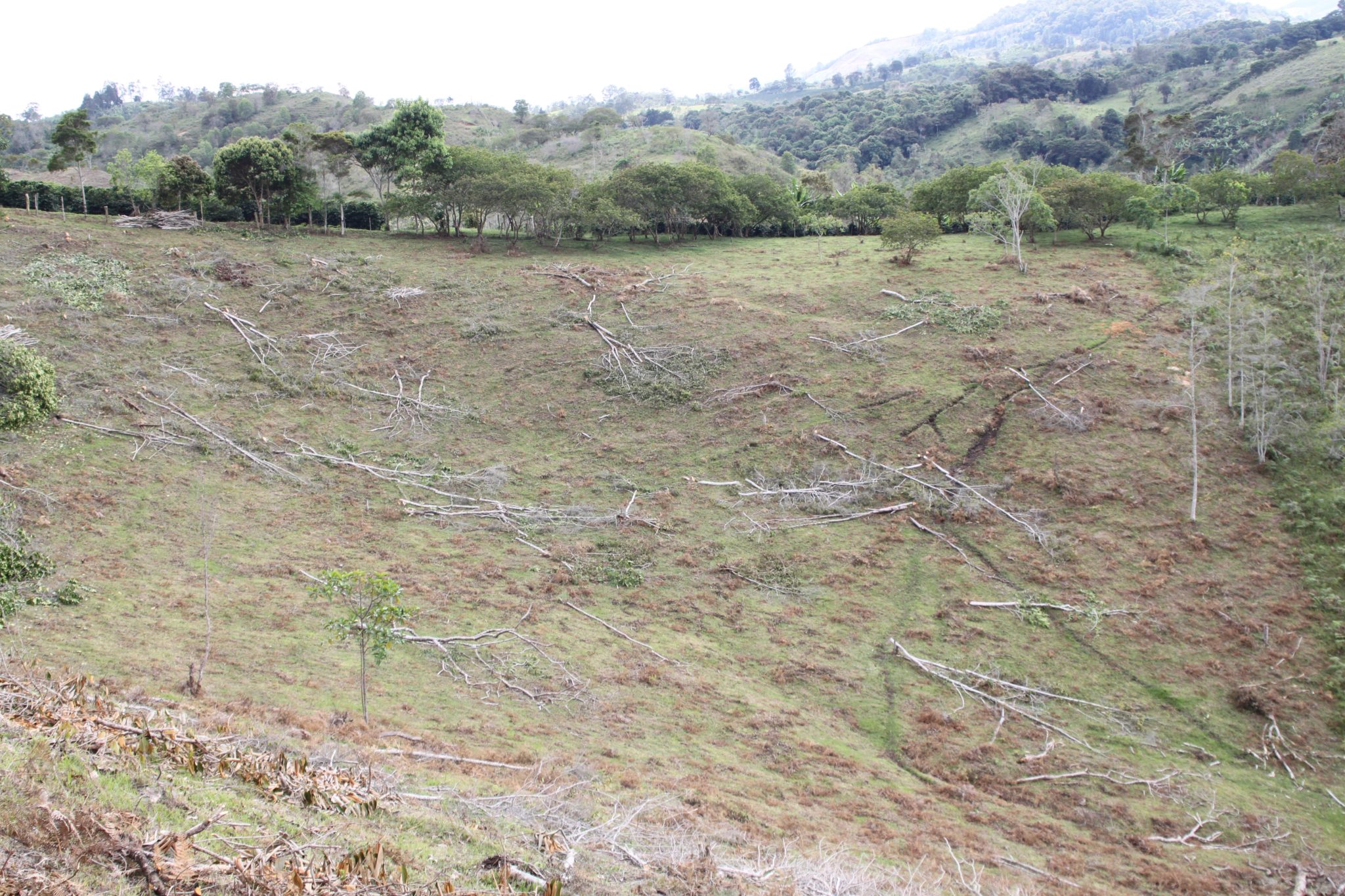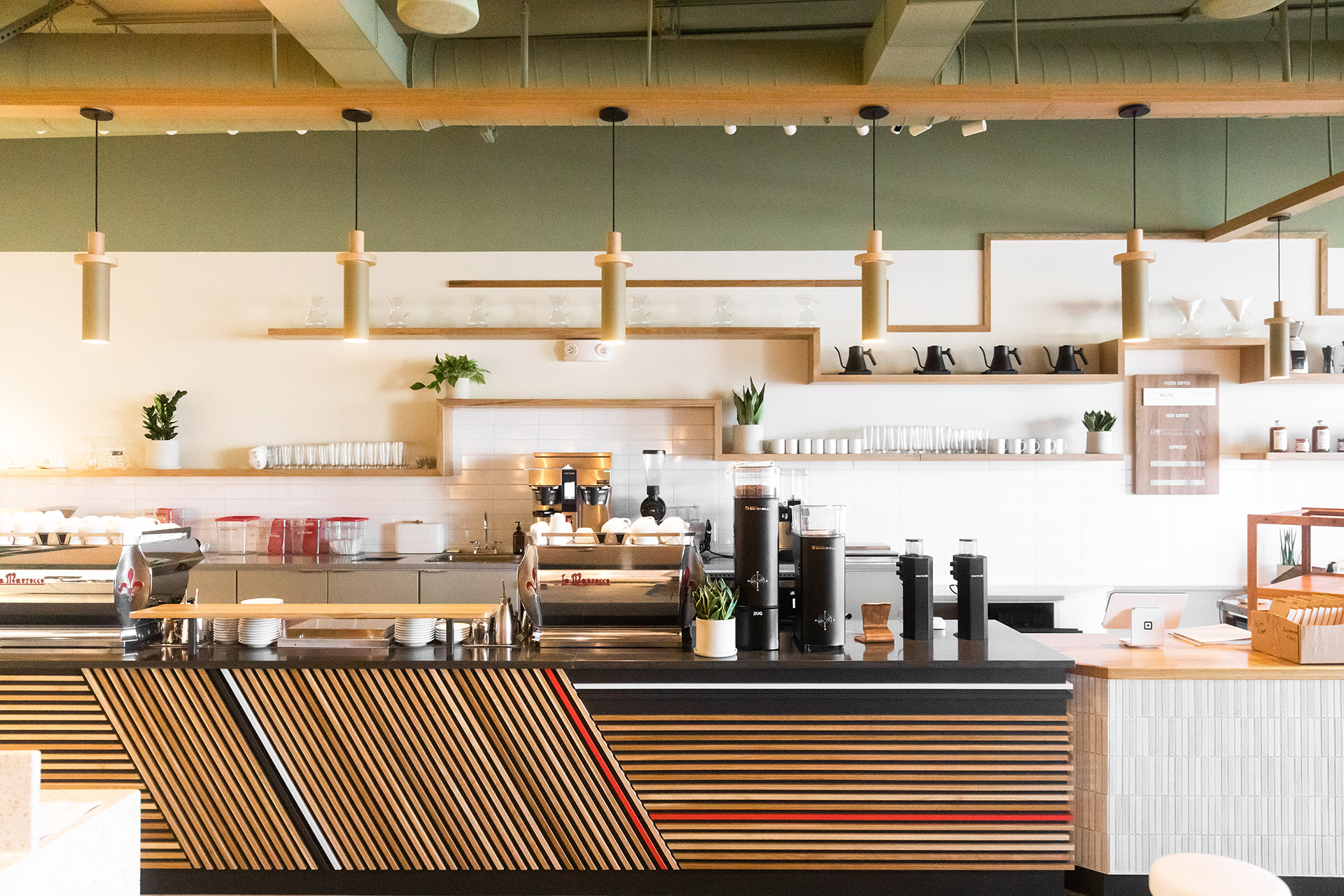The European Union’s new law banning the import of commodities linked to deforestation is still a little over a year away from taking effect, but already the problems are mounting. Big names companies like Lavazza and chocolate maker Mondelez have already pushed back on the laws, stating that they won’t have the systems in place to comply with the new regulations.
Some industry watchdogs agree with the companies’ unpreparedness and are raising concerns that producers may suffer the majority of the law’s negative impact.
As reported by Reuters, the law doesn’t take effect until the end of 2024, where it will then require EU-based companies to show that the commodities they are bringing in—including things like coffee, cocoa, beef, soy, rubber and palm oil—are not linked with deforestation somewhere on the planet. If they are unable to prove the sustainability of their imports, the companies face rather sizable fines, up to “4% of a company’s turnover in an EU member state.”
With some companies already throwing in the towel and admitting their won’t be ready, many in the coffee industry are worried the producers will be the ones ultimately impacted. According to the Coffee Barometer, a bi-annual report produced by NGOs Conservation International and Solidaridad, instead of putting traceability mechanisms in place, these companies may simply shift their focus to producers that already have such systems, leaving many of small-scale producers without the major buyers they have relied on.
Major producing countries like Brazil, who already have some traceability measures, may see more traffic, meanwhile countries like Ethiopia, Uganda, Tanzania, Kenya, Peru, Guatemala, Nicaragua, El Salvador, Costa Rica, and Mexico that have “inadequate infrastructure and low levels of traceability” may see less. Or, they would turn around and sell to countries that don’t have the same level of traceability requirements, thus negating the intent of the law: decreasing deforestation.
The NGOs behind the Coffee Barometer instead suggest investing in “farming communities in vulnerable lands” as “essential to tackling the root causes of global deforestation.” Per the Coffee Barometer, 130,000 hectares of forest are lost annually due to coffee farming, mostly by farmers at or below the poverty line.
Zac Cadwalader is the managing editor at Sprudge Media Network and a staff writer based in Dallas. Read more Zac Cadwalader on Sprudge.

























